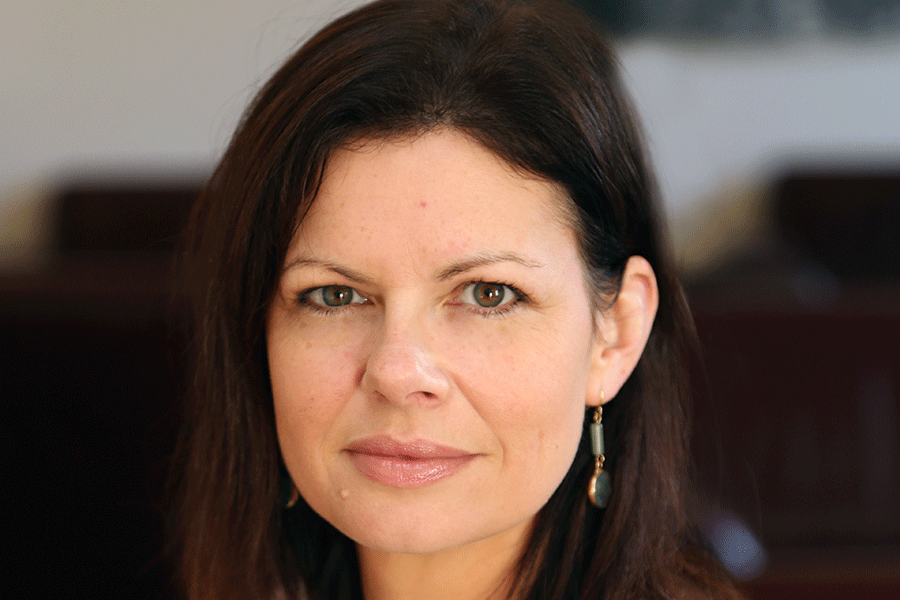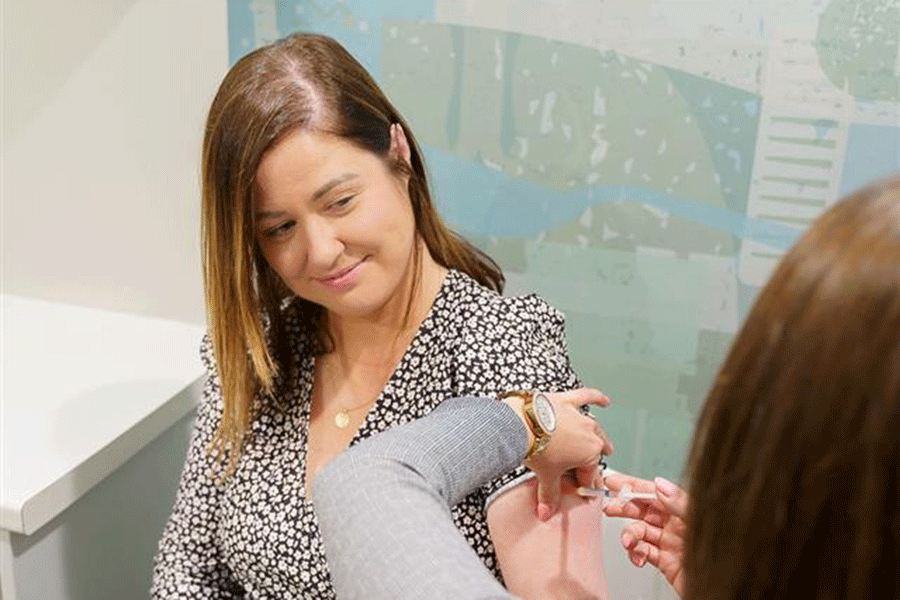One in four parents in Ireland has been forced to take unpaid leave from work in the past year because their child had flu, according to research by McCabes Pharmacy.
McCabes, released the survey findings as it launched its nationwide flu and Covid-19 vaccination service across 110 pharmacies.
The research found nearly half (44%) of Irish parents said their children had flu in the last 12 months, and more than one in four (27%) of those parents were forced to take unpaid leave from work to care for them.
The call for vaccination comes amid stark HPSC figures from last winter, when flu cases more than doubled in late December, hospitalisations surged past 1,000 a week, and almost 50 patients required intensive care.
According to the Health Protection Surveillance Centre (HPSC), in the final week of December 2024 overall confirmed flu cases more than doubled (999 to 2,375), while hospitalisations rose from 264 to 531.
By Christmas week, over 1,000 people were hospitalised with flu. In early January 2025, almost 1,000 patients were hospitalised in a single week, with close to 50 requiring intensive care.
Denis O’Driscoll, chief superintendent pharmacist at McCabes Pharmacy, warned: "Aside from the disruption flu brings to families and workplaces, it can be especially dangerous for children with underlying health conditions.
"For children aged two to seventeen, the nasal flu vaccine is a quick, painless and free way to protect your family this flu season.”
Professor of Immunology Christine Loscher at DCU, added: “Almost 74% of older adults received the flu vaccine last year, but only 20% of children did—despite children having as many reported flu cases as over-65s.

"Over 2,000 children were hospitalised as a result. Low uptake in this age group is resulting in preventable hospitalisations. Vaccination remains the most effective way to protect against flu and its complications.”
McCabes is offering the free nasal flu vaccine for children aged 2–17 and free flu vaccines for adults aged 60+, alongside the option to book COVID-19 vaccines together.
(Pic: Supplied)









